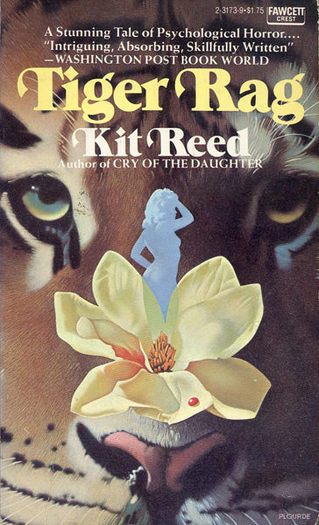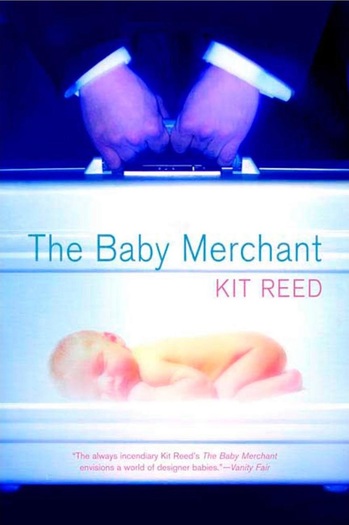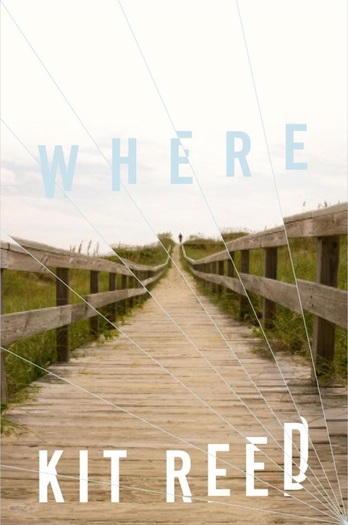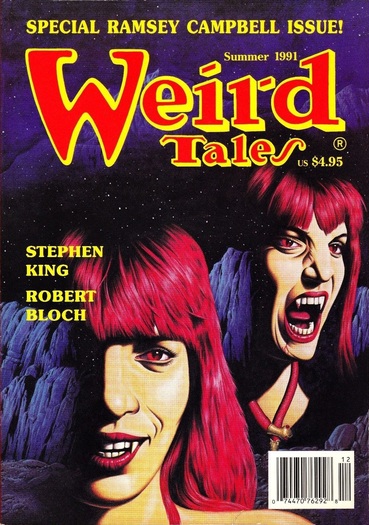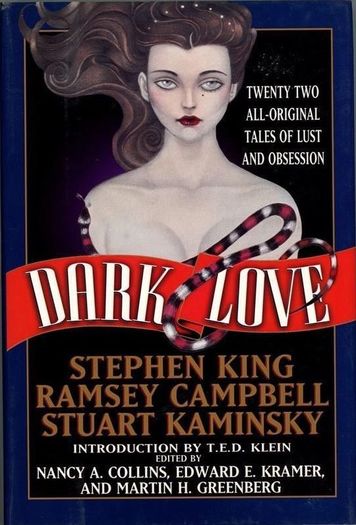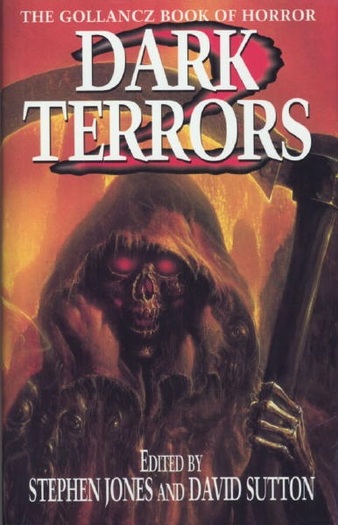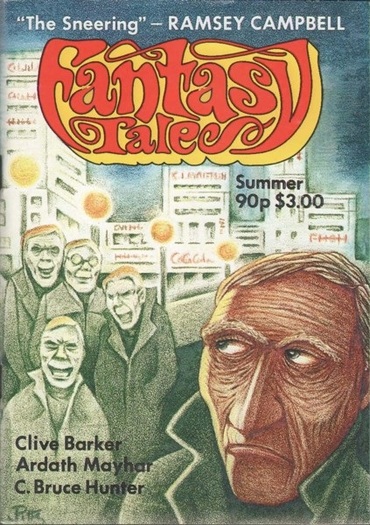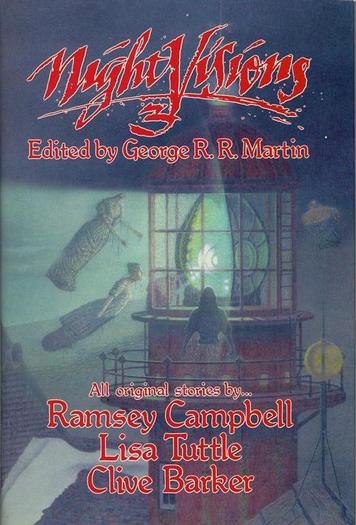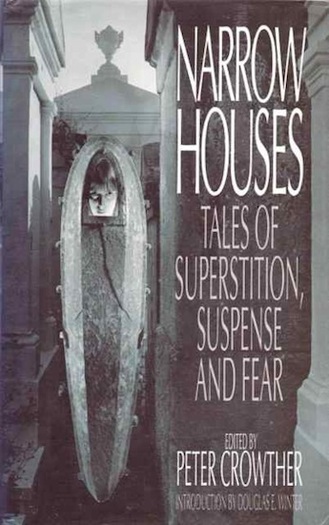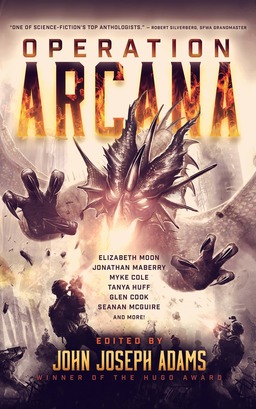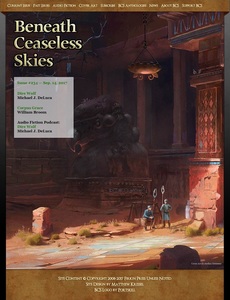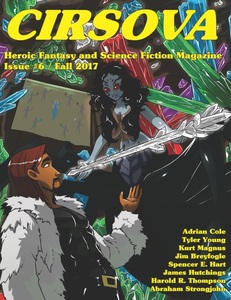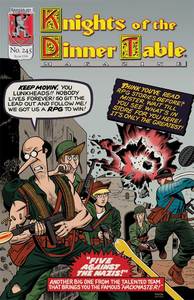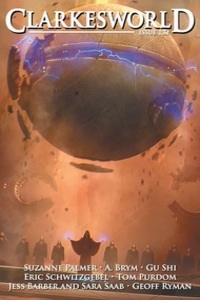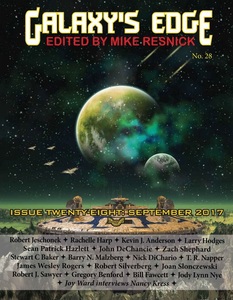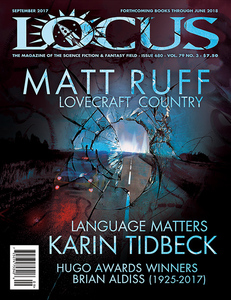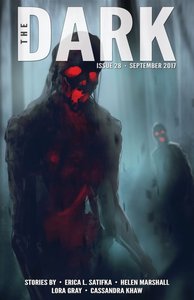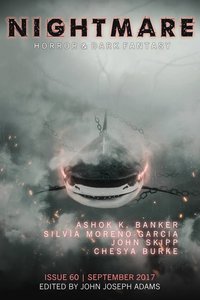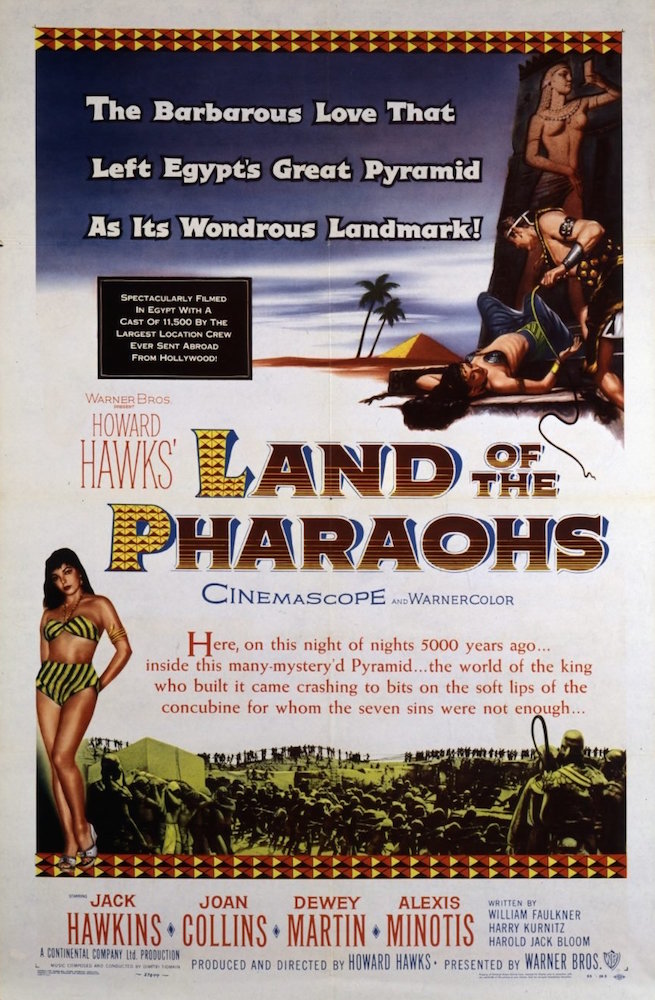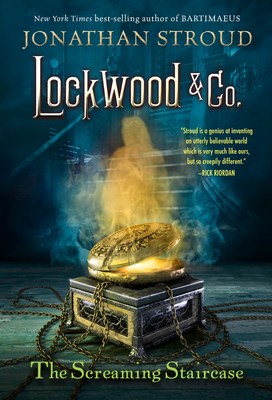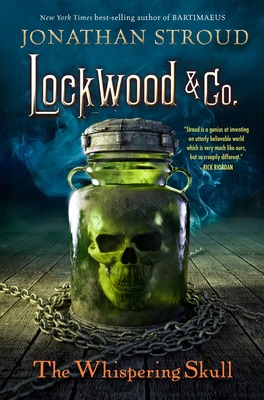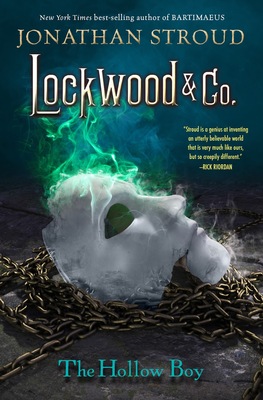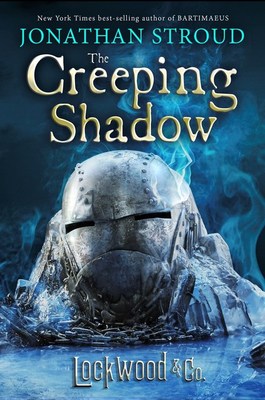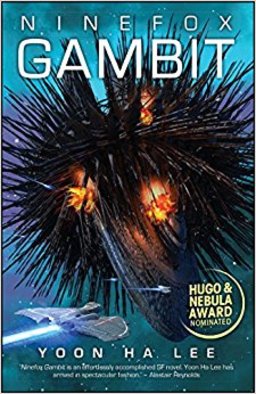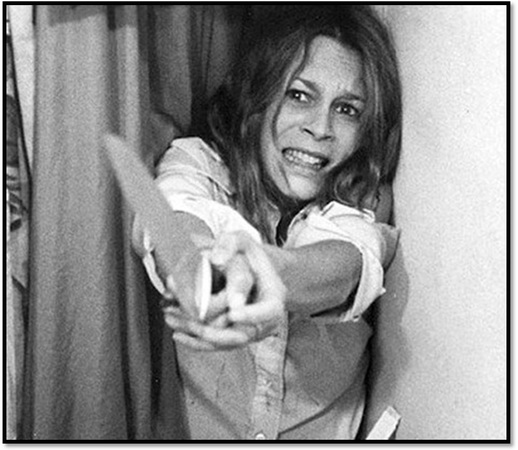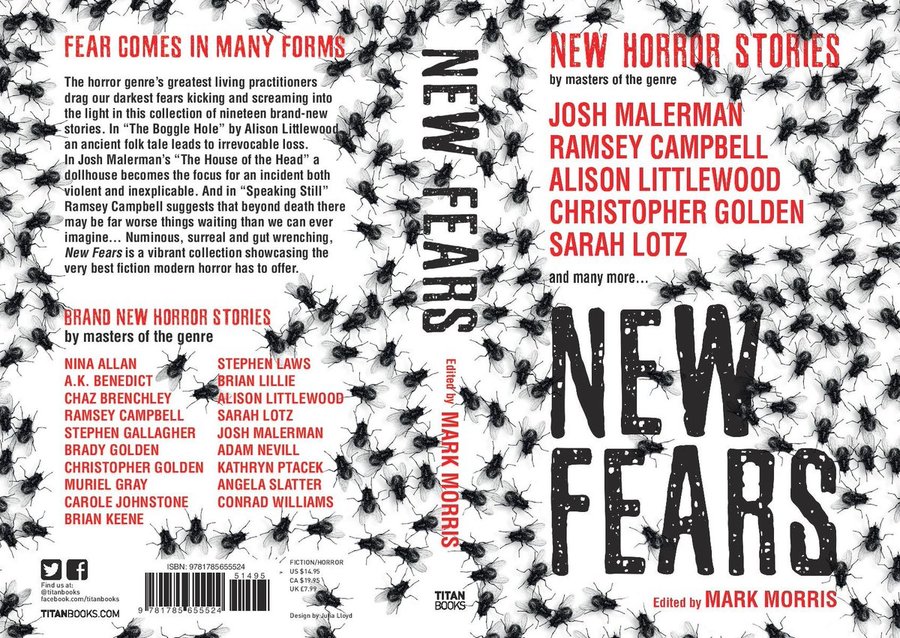Modular: Successful Adventuring — Or, Staying Alive & Getting the Gold
 Creighton Broadhurst is the founder and head honcho of Raging Swan Press, one of Pathfinder‘s leading third party publishers. His Shadowed Keep on the Borderlands is the spiritual successor to the old moat house in The Village of Hommlet. Creighton plays Pathfinder, but he approaches the rules-heavy game with an old school style, which is something I’ve been trying to figure out for myself.
Creighton Broadhurst is the founder and head honcho of Raging Swan Press, one of Pathfinder‘s leading third party publishers. His Shadowed Keep on the Borderlands is the spiritual successor to the old moat house in The Village of Hommlet. Creighton plays Pathfinder, but he approaches the rules-heavy game with an old school style, which is something I’ve been trying to figure out for myself.
His blog features lots of lists: GM advice, player tips, favorite modules, etc.. I broke his 25 Dungeon Delving tips into Parts One and Two and added my own comments (nothing like letting somebody else do the heavy lifting for a good post!). It seemed to work and Creighton didn’t mind, so I’m going to write some more Modular posts along those lines, like this one.
The Principles and bolded text below are Creighton’s, followed by my comments. Please share your thoughts on these principles and definitely go check out Creighton’s blog: it’s got a lot of great stuff for both players and GMs. And if you’re looking for some products to help out with your game, head on over to Raging Swan Press.
Selection and Maintenance of the Goal
A single, unambiguous goal is the keystone of a successful foray. Selection and maintenance of the goal is the master principle of adventuring. Do not get sidetracked or distracted; that way, disaster lies.
This is the opposite of the “Ooh, shiny object” approach. It’s so easy to get off track and chase after the ‘thing of the moment.’ Rumor of a dragon in the mountains, let’s go get him! Treasure in a cave outside of town? We’re on it! Heard a sound down that tunnel, turn left.
